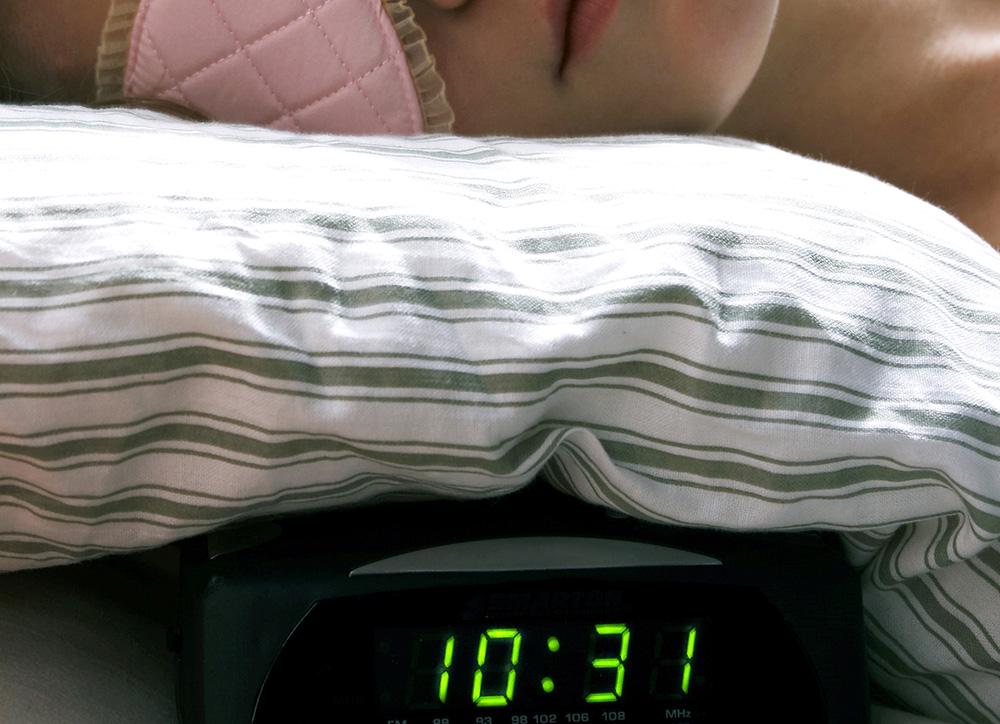Adjusting to time changes
29 Oct 2022 by Ted Escobedo 2 min read
This year, Daylight Saving Time (DST) ends on Sunday, Nov. 6, when we return to Mountain Time. This changeover can be more than a simple inconvenience. Disruptions in our normal sleep schedule can throw off hormonal balances and increase depression, anxiety, irritability, and mental exhaustion. Studies show that sleep deprivation can have a negative effect on mood, and the effect may increase rapidly. It’s a vicious cycle, as stress from lack of sleep can make it difficult to fall asleep the next night. These tips and reminders might be useful in helping you overcome the “fall back blues” more easily and safely:
You will need a bigger sleep cycle. Your internal clock will adjust within a week or so but getting extra sleep in the days just before the time change will make that adjustment less noticeable. Do this by going to bed about 30 minutes earlier, as opposed to sleeping in the following morning. Be consistent with eating, social, bed, and exercise times, too. Raising your body’s core temperature can make it harder to fall asleep, so avoid heavy workouts within four hours of bedtime.
Bedtime is downtime. When DST ends, it's especially important to stick with a bedtime routine. That’s especially true for young children. Routine is what helps create a powerful signal for sleep. Also, avoid screen time close to bedtime. The high-intensity light found in modern electronic devices hinders melatonin, a hormone that triggers sleepiness. It stimulates the brain and makes sleep difficult, the same way sunlight does.
Source: https://www.uabmedicine.org/-/falling-back-in-the-fall-5-tips-for-coping-with-the-time-change
- Tags:
- Emotional Health

